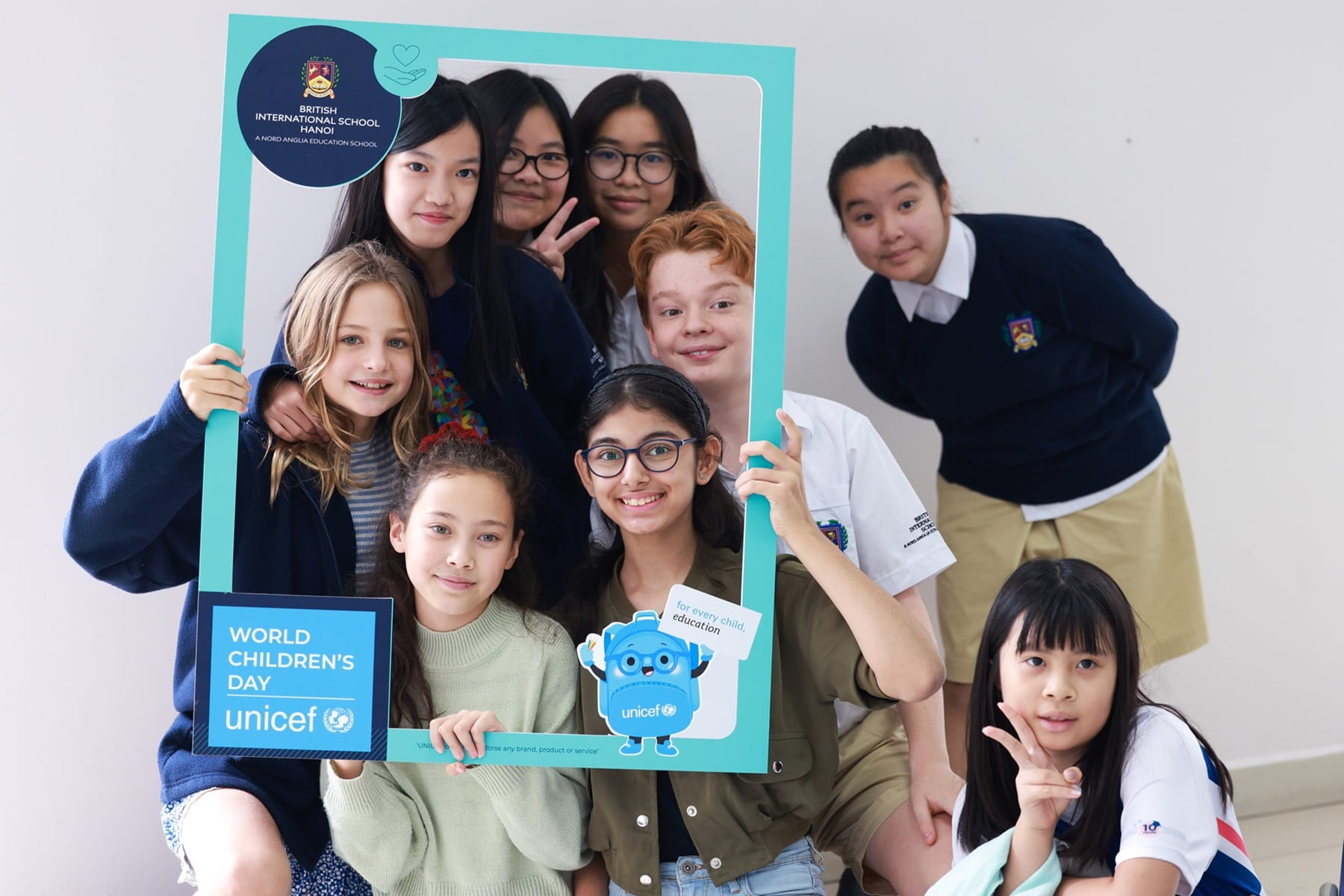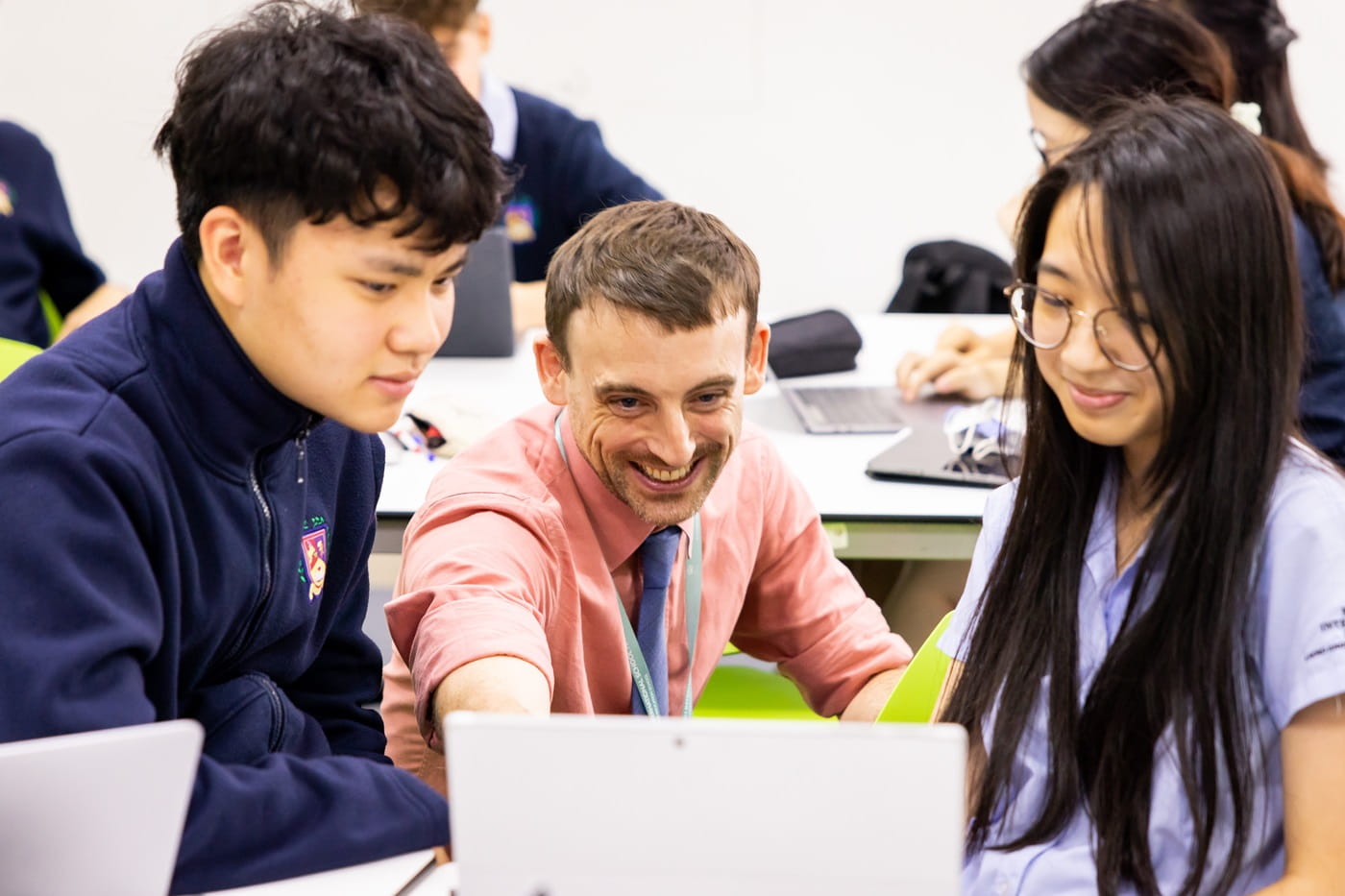What does 'Third Culture Kid' mean?
The term "Third Culture Kid" was first coined by sociologists Dr. Ruth Hill Useem and John Useem in the 1950s. It gained wider recognition in the 1970s with the publication of Third Culture Kids: The Experience of Growing Up Among Worlds by David Pollock and Ruth Van Reken. Their work highlighted both the advantages and challenges of growing up in multiple cultures.
TCKs often develop strong linguistic skills, global awareness, and resilience—qualities that are highly valuable in today’s interconnected world. However, they may also experience cultural rootlessness, difficulties in forming long-term relationships, and a complex sense of identity.

What is it like being a Third Culture Kid?
At the British International School in Hanoi (BIS Hanoi), many students share the experience of growing up in multiple cultural environments. Joshua, a Year 11 student from Korea who was born in the United States and has lived in three different countries, reflects: "I've been exposed to different cultures, which has shaped who I am today. While it’s exciting, I initially struggled with my cultural identity."
"Growing up in different cultures might be confusing for a lot of people, and I know loads of people have," added Drew, a Year 8 student who lived in the US for 12 years before moving to Vietnam in 2022. "One of the biggest challenges I faced growing up wasn’t necessarily a struggle, but a push to explore and define myself differently from my parents, who grew up in England."
The benefits of being a Third Culture Kid
Despite the challenges, many TCKs appreciate the unique perspectives and skills they develop. Van Reken notes that “TCKs are more likely to speak more than one language, have a broader worldview, and be more culturally aware.” This international mindset prepares them to embrace opportunities, overcome challenges, and navigate their future in a way that is sensitive to other cultures.
Olivia, a Year 10 student from South Korea, spent her early childhood in Singapore before moving to Vietnam. She believes that meeting people from diverse cultures has enhanced her intercultural skills. "It's easier for me to understand and relate to many individuals from different cultures and backgrounds," she said.
Joshua shares his experience: "Growing up in different countries has made me more open-minded and respectful of diverse cultures. I've learned that everyone's uniqueness is rooted in their cultural backgrounds, which has helped me shape my own values and beliefs, and become more confident."

Photo: Joshua (right) as a main cast member in the Secondary Production 'Guys and Dolls' in December.
Supporting Third Culture Kids to develop a sense of belonging
Creating a strong sense of community in schools is essential for TCKs to feel like they belong and be able to form lasting friendships. The welcoming school community at BIS Hanoi plays a crucial role in helping students settle in.
With extensive experience in multicultural schools worldwide, and as a Third Culture Kid himself, BIS Hanoi Principal Richard Vaughan describes the school as a community of global citizens learning together. "Each day, students, staff, and parents connect through the greater learning journey, sharing language, beliefs, values, and ways of thinking to give every child a wider perspective,” he says.
“This creates a much richer and fuller learning experience, maturing everyone’s mindsets, skillsets, and heart sets.”
Beyond academics, BIS Hanoi fosters inclusivity through social events, residential trips, and co-curricular activities. New students are paired with buddies to help them settle in, and the curriculum blends global and local perspectives. Residential trips provide immersive cultural experiences and bonding opportunities, while events like the International Festival and International Week celebrate diversity and strengthen students' sense of belonging.
"It’s amazing to see so many nationalities come together at the International Festival. You feel proud of your own culture while being inspired by others," Drew shared.
Having peers with similar experiences also helps students stay connected to their roots. Olivia, a Year 10 student, explains: "In school, I take Korean classes which allow me to spend time with other Korean students to maintain my mother tongue. I also love events like the International Festival — they’re a fun way to connect with people from different backgrounds."

Photo: BIS Hanoi International Flag Parade 2024
A network of global citizens
As a Nord Anglia Education school, BIS Hanoi offers more than just an international classroom experience. Being part of a global family of over 80 schools across more than 30 countries deepens students' understanding of the world and reinforces their sense of belonging.
Richard Vaughan emphasises the importance of fostering both individuality and connection in an international school setting. “Similarities can help facilitate a sense of common identity and purpose, which are essential for a flourishing human existence. Being known and valued for who you are, regardless of language, ethnicity, gender, age, faith, or nationality, is critical in an international school.”
He adds, “Many Nord Anglia Education students will move in and out of different international schools around the world. Being accepted for who they are and what they bring to the community is key to helping them thrive.”
At BIS Hanoi, our students not only develop resilience and adaptability but also find a home in a diverse, supportive environment—one that celebrates their unique experiences and helps them embrace their global identity.
Interested to learn more about Third Culture Kids? Check out this blog article on INSIGHTS Magazine by Nord Anglia Education here.







